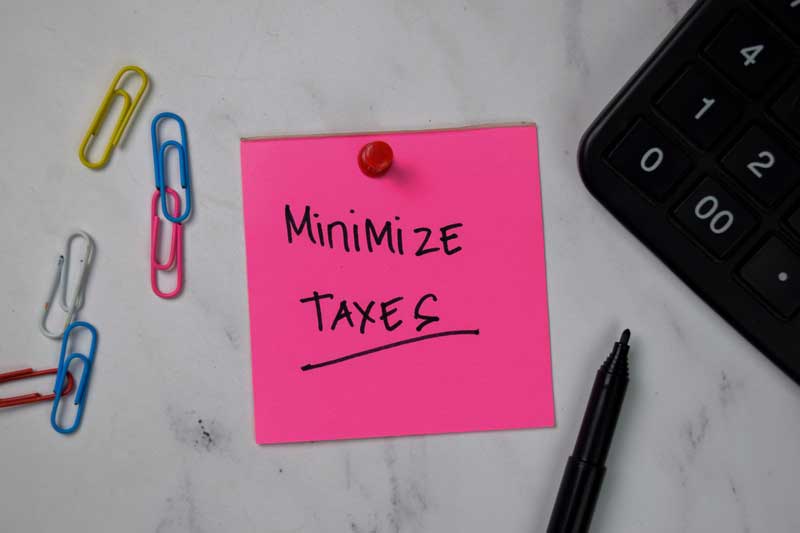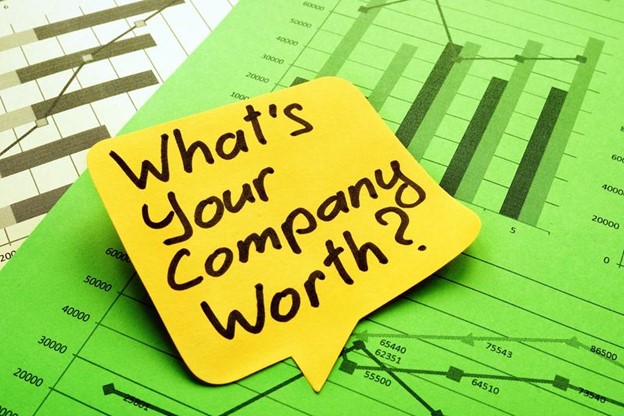As business brokers, we work with a variety of business owners selling their businesses; and in the course of working with them, we have found a number of common misconceptions about minimizing taxes for their business.
A common misconception of small business owners is that in order to reduce their taxes they must reduce the revenue of the business or artificially inflate expenses. While both of these will reduce income taxes, they also dramatically reduce the business value when you sell your business, as well as putting you at risk of IRS penalties if they are not accurately reporting the company’s financial results.
There are a number of ways to reduce your corporate taxes without negatively impacting the value of your business when you sell your business.
Business value is primarily determined by earnings over the past three years. Specifically, EBITDA and DE (Discretionary Earnings) are the driving force of valuation. Both EBITDA and DE are normalized (adjusted) earnings that include “add-backs,” or adjustments, for non-operational expenses and the owner’s salary and benefits.
To maximize the value of your business, you must maximize the DE and EBITDA. To minimize taxes you must minimize net profit on the tax return. But how can you accomplish both?
There are legitimate owner’s benefits, expenses, and salaries that can be expensed in the business which are treated as add-backs. These expenses are shown on your tax return, thus reducing the net profit and taxes, and are treated as add-backs or adjustments in the DE and EBITDA calculation. These expenses do not reduce the adjusted earnings (DE and EBITDA) or value of the business because they are “added-back” in the calculation of DE and EBITDA.
So what are some Owner’s Benefits and Expenses that would be added back (adjusted) in the DE/EBITDA calculation?
- Owner’s W-2 Income: The owner’s salary is always added back, but only the W2 salary. Distributions are not an add-back because they are not an expense on the P&L. Distributions are a balance sheet transaction and have no effect on the P&L or net profit. Some owners will complain about payroll taxes, but by paying yourself a salary you will qualify for investing in retirement plans such as 401Ks, Defined Benefits Plans (pension plans), and other benefits.
- Retirement Plans: Retirement Plans have the dual benefits of reducing Net Profit and Taxes and providing pre-tax investments for the owner. Note: some retirement plans may require you to offer the plan to employees and many owners balk at these because they see it as an extra expense. While retirement plans with employee participation will add some expenses, the overall benefits to both you and the employees far outweigh the cost of implementing the plan.
- Travel, Auto, Entertainment: Travel, auto, and entertainment expenses are also added back in the DE/EBITDA calculation. There are limits and conditions for these expenses with the IRS, talk to your tax advisor about these items.
- Owner’s Health Insurance/Life Insurance: Owner’s Health and life insurance are likewise add-backs. However, in most cases, you may be required to offer these benefits to your employees as well. Again, offering these benefits can be a positive for employee retention, morale, and recruitment and while costing some money, they can be a good investment as well as a tax saving.
In addition to minimizing your annual taxes and maximizing the value when you sell your business, you should consider tax planning for the eventual sale of your business. Once you have maximized the value of your business, the next step and of equal importance is to hang on to as much of that value as possible, which requires minimizing the taxes on the sale of the business. There are a number of tax strategies available to minimize and defer taxes when selling your business.
The bottom line is you should talk to a well-qualified CPA familiar with small business tax planning for advice on how to implement these and other tax strategies for the sale of your business.
You should also consider developing an Exit Strategy to plan for the eventual sale of your business.
If you would like more information about selling your business, preparing to sell your business, or developing an exit strategy contact us for a free consultation.




